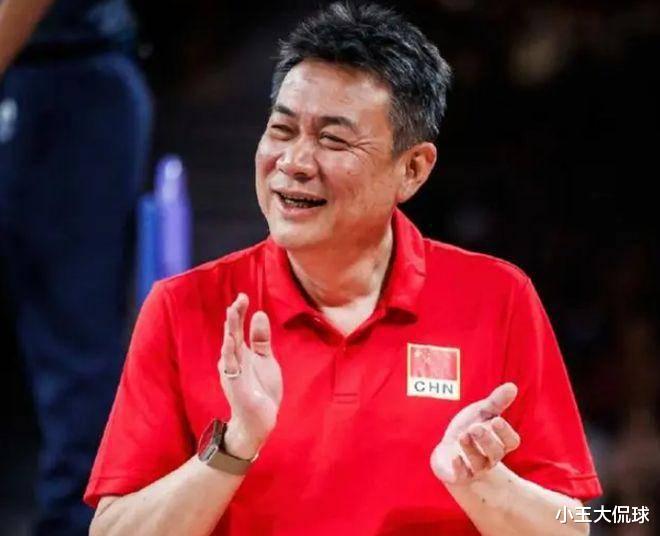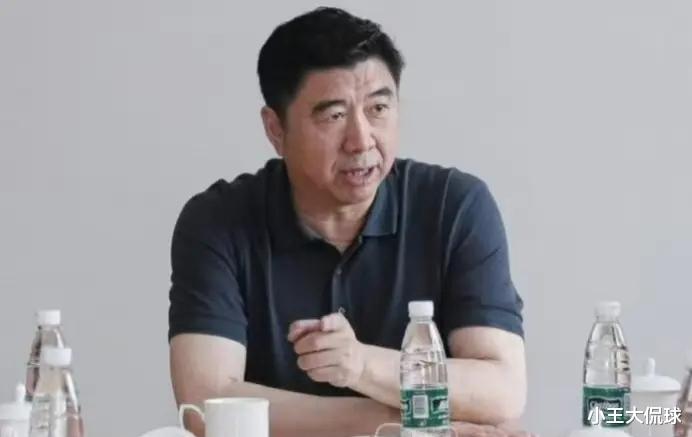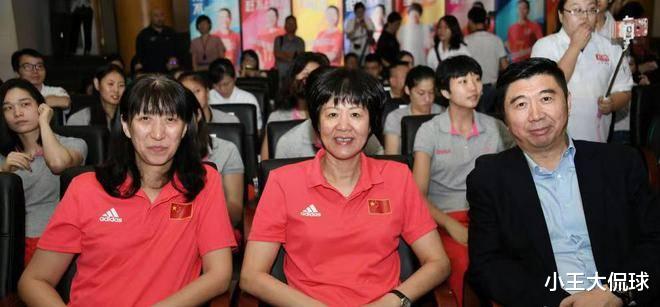When the public's attention is still immersed in the various controversies of table tennis, the situation of the Chinese women's volleyball team has quietly become a new focus. The Chinese women's volleyball team was once a symbol of glory, and the figures of their struggles on the court seem to still shine before our eyes. However, the current Chinese women's volleyball team is facing many difficulties.

At the Paris Olympics, the Chinese women's volleyball team achieved fifth place. Compared to the performance of not qualifying from the group stage at the Tokyo Olympics, this seems like progress. But hidden behind it is the sadness that the age bonus of these volleyball players is about to be exhausted. "Time waits for no man," as time passes mercilessly, the lack of talent reserve gradually becomes apparent. The so-called "Seven Fairies" combination under the guidance of Cai Bin is now facing a severe age challenge. Zhu Ting and Diao Linyu are already 30 years old, Zhang Changning and Wang Mengjie are 29 years old, Gong Xiangyu and Wang Yuanyuan are 27 years old, and the youngest Li Yingying has become the only hope, theoretically she may continue to fight in the future. In the past three years, except for one Wu Mengjie, no more newcomers have emerged.

Looking back at history, there are numerous factors associated with the success and failure of the Chinese women's volleyball team. The figures in the Volleyball Management Center play an undeniable role. Once upon a time, Pan Zhichen, despite his experience of being caught, invited Lang Ping back and during the Rio Olympics, Vice Director Liu Wenbin fully supported Lang Ping, which created a good environment for the volleyball team's championship. At that time, the volleyball team was united, writing brilliance on the Rio court. However, after the Rio Olympics, a series of changes brought about by personnel changes have brought many unstable factors to the volleyball team.

After Liu Wenbin was transferred away, Li Quanqiang became the director of the Volleyball Management Center. During this period, there were discordant voices within the volleyball team. Zhu Ting's injury is a typical example. Zhu Ting was the core force of our women's volleyball team, and the proper handling of her injury was crucial for the development of the volleyball team. However, Li Quanqiang hesitated on this issue, dared not decisively make the decision for surgery, causing Zhu Ting to have to adopt conservative treatment, and ultimately her injuries erupted at the Tokyo Olympics, affecting the competitive state of the entire team.

After the Tokyo Olympics, the Chinese women's volleyball team was in turmoil. Criticisms of Lang Ping's guidance appeared on the Volleyball Association's website, and there seemed to be some unspeakable forces behind it. And Lang Ping's departure, Cai Bin's appointment, did not bring the expected turnaround in such a transition process.
From Gong Xiangyu's words on social media that she most wanted to play the Olympics again, we can deeply feel her unwillingness. With such a lineup, the women's volleyball team should not have just achieved fifth place. Among them, the influence of the Volleyball Management Center's decision-making cannot be underestimated. During Li Quanqiang's tenure, he strongly supported Cai Bin's appointment, but there were no significant achievements in subsequent developments. Now that Li Quanqiang has been caught, perhaps there are more untold stories behind it.
The future of the Chinese women's volleyball team is full of uncertainty. On the one hand, the age of the players in their prime is gradually increasing, and fresh blood needs to be cultivated and injected into the team as soon as possible; on the other hand, at the management level, a more scientific, fair, and transparent selection and decision-making mechanism needs to be established. Whether it is for the training plan of the players or the formation and management of the coaching team, careful consideration is needed.
Just as the ancient Greek philosopher Heraclitus said, "The only constant is change itself." If the Chinese women's volleyball team wants to rise again, they must adapt to this change and find a path suitable for their own development in continuous adjustments. They cannot simply rely on past glory and experience, but must actively face current challenges and reform in many aspects such as talent cultivation and management decisions. Only in this way can the Chinese women's volleyball team shine again on the world stage and restore its former glory. It is also hoped that the women's volleyball players can regain confidence and bravely move forward towards higher goals.